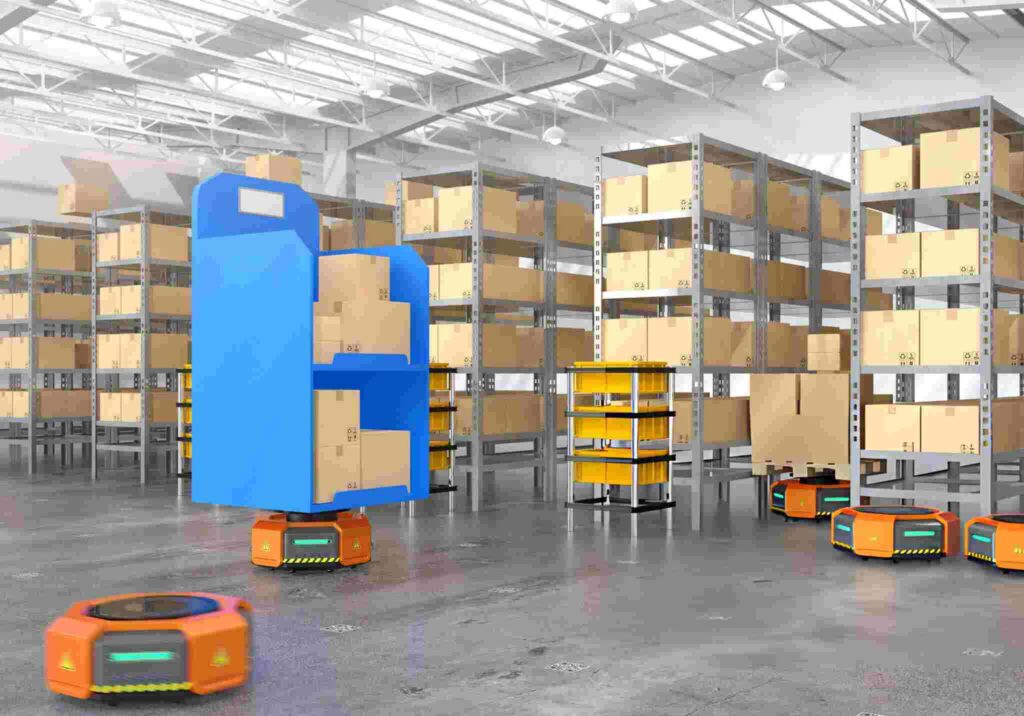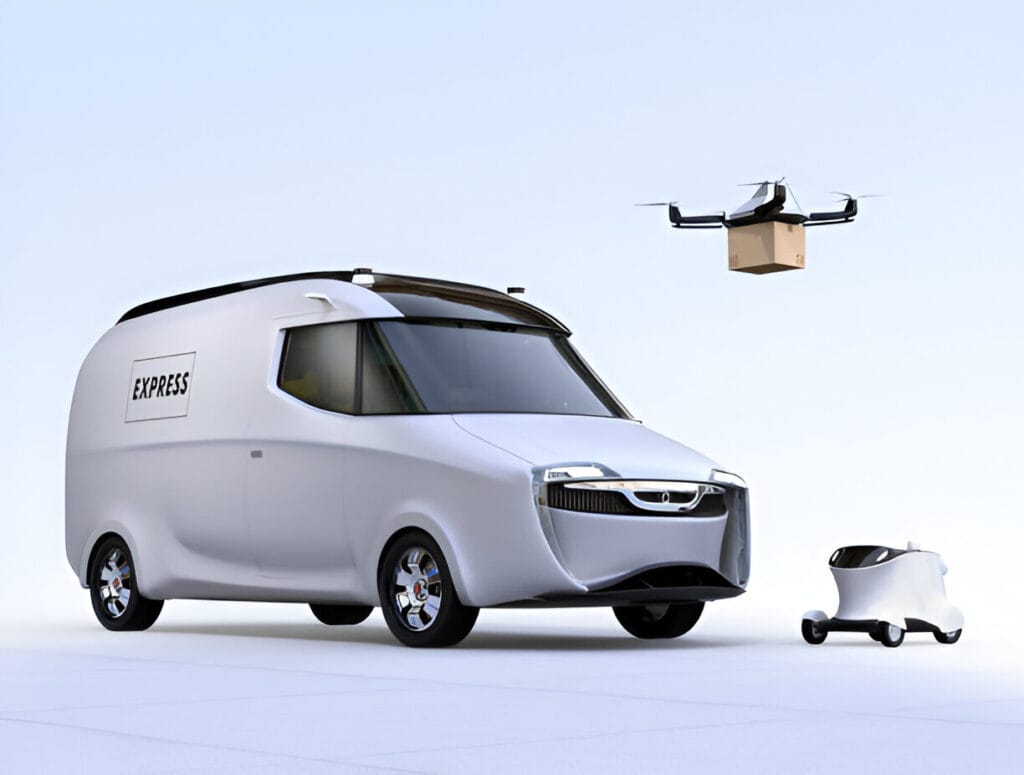Exploring the Real Impact of Automation in Today’s Workforce
Will Robots Replace Humans Jobs? Robots 🤖 are taking over the world and workplaces.We will try to figure out how humans and robots can work together and grow globally through this blog.
The Problem, “Will Robots Replace Humans Jobs?”
Technology is advancing rapidly without any stop, and robots 🤖 are becoming a common in many workplaces. This has made people question: Will machines take over human jobs, or will people face a future without employment? While some see automation as a threat, others believe it can boost efficiency ⚡of their work and create new opportunities in many workplaces. The pressing question is whether humans and robots can effectively coexist in the workplace.
Studies estimate that nearly 47% of jobs could be automated within the next 20 years 📊.

This raises concerns, but also sparks the idea of collaboration. Let’s dive deeper into what this means.

The Agitation
Imagine waking up to find that a machine has replaced your role at work 😲. This is not just a sci-fi scenario—it’s happening in real life. For instance, Amazon began using robots in its warehouses in 2018 to pack boxes📦 and sort items. While this sped up operations, it left workers anxious about job security 😟

Jobs thought to be secure are also at risk. Truck drivers 🚚 may lose their jobs because of self-driving vehicles 🚗, with reports suggesting that thier will be shortage of 80,000 drivers by 2030 as companies will shift towards automation.
Similarly, chatbots have begun replacing customer service roles of human 💬🤖as they are tirelessly working 24/7 without any extra money.

Even office workers aren’t safe. AI tools are now capable of analyzing a huge amount of data 📈, generating reports without delay or in just few hours 📝, and making decisions by themself 🤔. While these tools make work smoother and more efficient, they make less demand for human workers in certain areas.

Yet, there are some jobs which had been disappear and some new job opportunity are created. The real question is whether people are prepared for this shift or not.
The Solution for, “Will Robots Replace Humans Jobs?”
Automation doesn’t have to mean replacing humans with machines. Instead, it can improve our lives and create new possibilities for us.
Here’s how:
- Robots as Helpers, Not Replacements Robots 🤖 often assist rather than replace humans. In healthcare 🏥, for example, robots help doctors to perform surgeries with greater precision, complementing their skills rather than taking their place 🩺.

General Motors has shown how effective this approach can be. By working with robots, they can boost their productivity by 20% 📈 and reduced injuries by 15% 🩹. When we use robot carefully then it can make workplaces safer and more efficient which can be great for humanity.
- New Jobs Through Innovation Automation doesn’t just remove jobs; it also creates them 🌟. According to the World Economic Forum, automation could generate 97 million new jobs by 2025 in fields like AI 🤖, data analysis 📊, and renewable energy 🌞.

Industries like e-commerce have also opened doors to roles in shipping 🚛, marketing 📢, and web design 💻

Tesla exemplifies this balance. While their factories employ robots to assemble cars 🚗, they also hire thousands to design, program, and maintain these systems.
.

This shows that automation can lead to high-paying careers 💵.
- Adapting Through Education In a world where automation is growing, learning new skills is essential 📚for our career. Governments, companies, and individuals must invest in education 🎓for better future. Online platforms like Coursera and Udemy offer accessible courses in coding 💻, AI 🤖, and digital skills, ensuring workers stay relevant with the upcoming future.

AT&T provides a notable example, launching a reskilling program to train employees in cybersecurity 🔒 and data analysis 📊.

This initiative has helped workers remain valuable while keeping the company competitive.
- Creative Human Skills Humans bring creativity having critical thinking, and emotional intelligence that robots lack ❤️as of now. These skills are irreplaceable in fields like teaching 👩🏫, counselling 🧠, and the arts 🎨. By focusing on roles requiring innovation and empathy, workers can thrive alongside automation.
- Collaborative Tools and Processes Technology when used collaboratively can enhances productivity. Tools like AI-powered software 📊 help teams work smarter, not harder with efficiency. For instance, AI algorithms in marketing help identify trends, enabling businesses to craft better campaigns 🎯. Robots complement humans in physical tasks, while humans focus on planning and creativity.
The Path Forward: Humans and Robots Together
So, will robots replace humans? The answer lies in how we adapt to these changes. Instead of fearing of robots, we can take it as an opportunity 🤝. there are ways to prepare for the upcoming future:
- Foster Creativity and Empathy: Robots excel at repetitive tasks but lack creativity and emotional understanding ❤️. Roles in teaching 👩🏫, counseling, and creative fields will continue to need human input.
- Commit to Lifelong Learning: Technology evolves constantly. Staying curious 🤔 and acquiring new skills will ensure job security 📚.
- Promote Ethical Automation: Companies must use robots responsibly and provide reskilling opportunities for displaced workers 👨🏫.
- Collaborate with Technology: Learn how to use robots and AI tools to enhance your work and make it more impactful 🔧.
Conclusion
Automation is not something to fear but something to understand 💡. Rather than questioning, “Are robots going to take over human roles?” we should focus on, “In what ways can humans and robots collaborate effectively?”

History proves that technology often creates more jobs than it eliminates 🌍. By embracing change, we can build a smarter, safer, and more productive future 🚀.
The next time someone claims, “Robots are taking over,” remind them it’s not about humans versus robots. It’s about humans with robots, working side by side to create a better world 🤖🤝.




Thats a great post. By the way thanks for this amazing blog.